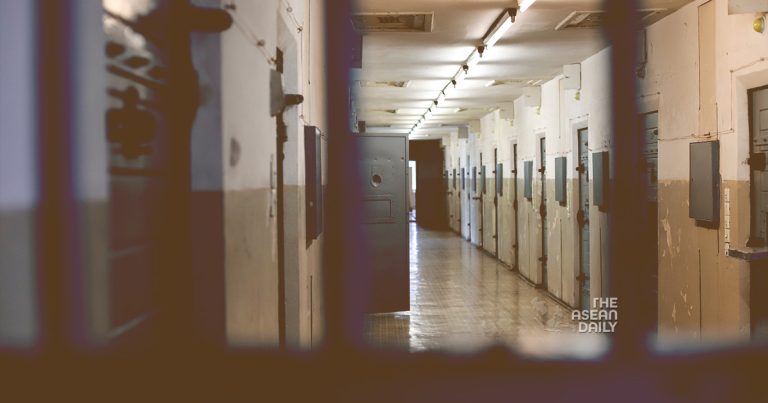18-10-2024 (SINGAPORE) A night of excessive drinking at Marina Bay Sands (MBS) in Singapore led to a series of violent incidents and legal consequences for a British company director. Jonathan David Lowe, 43, was sentenced to six weeks in prison and fined $1,000 after pleading guilty to charges of public nuisance and voluntarily causing hurt.
The court heard that Lowe, who was visiting Singapore as a tourist for the Formula One race, began his evening on 21 September by consuming two cups of whisky at MBS’ rooftop bar. What followed was a string of alarming incidents captured on closed-circuit television.
At approximately 10:40 pm, footage showed Lowe entering a hotel lift with five other men. Without provocation, he suddenly began slapping and punching four of his fellow passengers. Despite attempts to restrain him, Lowe continued his assault until the lift stopped, prompting the other men to flee.
The British national’s erratic behaviour escalated as he made his way to the B2 lift lobby. There, he uprooted an orchid plant from its pot and hurled the container into another lift carriage before boarding it himself. As the lift ascended, Lowe appeared to contemplate throwing the pot again but refrained upon noticing another passenger.
The most serious incident occurred at 11:12 pm when Lowe encountered Mr Ng Se Li, a 28-year-old assistant manager at MBS. Without warning, Lowe launched a vicious attack, punching Mr Ng’s head repeatedly and stomping on him when he fell. The assault left Mr Ng with a head injury requiring hospitalisation and seven days of medical leave.
During the court proceedings, Deputy Public Prosecutor Zhou Yang emphasised the unprovoked and brutal nature of the attack on Mr Ng, calling for a substantial jail term. In response, Lowe’s defence lawyer, Mr Kalidass Murugaiyan, characterised the incidents as an aberration, citing his client’s otherwise good character and genuine remorse.
The defence also revealed that Lowe had undergone a CT scan to investigate whether his actions were related to an old head injury, though this was ultimately ruled out. Mr Kalidass noted that his client had offered compensation to the victim and was “perplexed” by his own behaviour.




